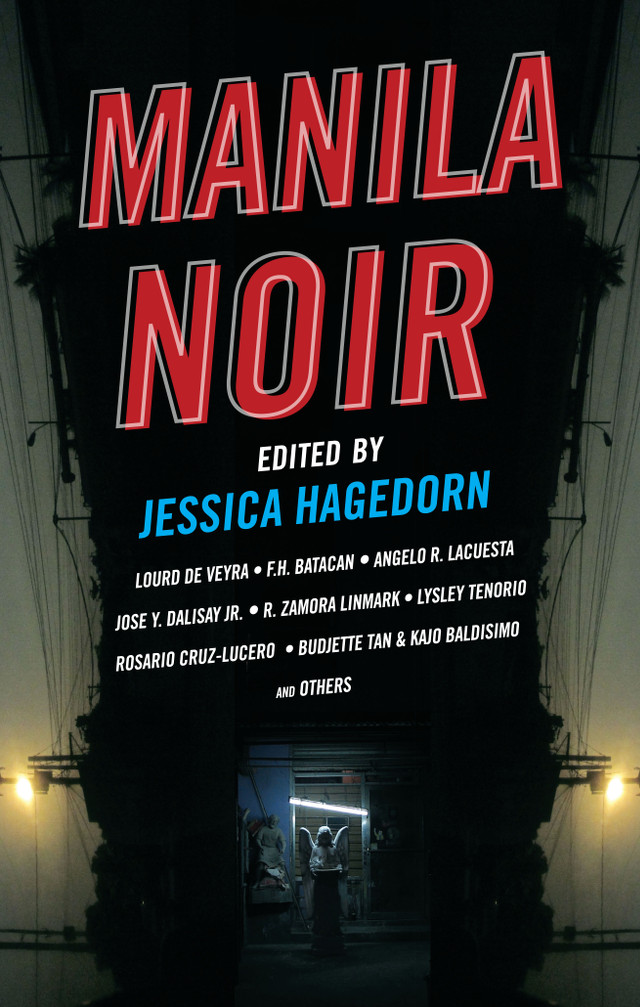
So the book is divided into different situations. Each scenario is followed by certain questions like how do you feel...., how would you react...., and what would you do if... Supposedly, your answers reveal unconscious facets of your personality like your libido, self-esteem, stress, and fidelity. Knowing that each question is loaded with unconscious interpretations, I couldn't help but try to guess what each question meant. I got some right, while others were really hard to figure, which made the game more exciting, even for someone strongly involved in the field. The trick is to answer what comes to mind first, instead of trying to analyze the question. There's this whole bit in Psychological Testing where the client tries to impress the examiner with his answers.
Of course, there is the question of authenticity. Apparently, Kokology was constructed by a Japanese psychologist so I suppose these questions were carefully built using sound theories in human behavior. I noticed the writer relied heavily on Carl Jung's Archetype theory, which states that there are symbols universally recognized by all. For example, the shadow is supposed to be an individual's "dark side." Some of the archetypes mentioned in the book include whales, horses, actors, and souls. Simply put, if we react positively to a question mentioning whales (which is a mother archetype), we have a positive relationship with our mother. Makes sense, eh?
However, some of the questions are circumstantial, especially one question regarding strawberries. Supposedly, strawberries symbolized infidelity in a relationship. That might be true, but what if the person really likes strawberries? What if the person is allergic to strawberries? These things have led many to believe that Kokology is a fad much like astrology, something fun but nothing to take seriously.
Being a Psychology student, I admit I was impressed with the results (keys are provided after each situation), because many of them were accurate. Of course, there are those that didn't seem right, which I thought was understandable because even a legitimate test would require backups to test its reliability.
All in all, the book is enjoyable. The questions really made me think and it provided great insight to my self and my personality. There were things I discovered about myself, things I didn't know and things I already knew but never acknowledged. However, my advise to those who are planning to buy the book is to take everything in here with a grain of salt. In order for any Psychological test to be reliable, a series of similar tests must be taken to check its accuracy. But it's fun all the same!










2 Comments:
I love strawberries. Does that mean I'm not faithful? Or is being allergic to it what's considered as a sign of infidelity?
Hope you did well on your midterms.
no naman. there's just this certain scenario in the game that puts strawberries in an unfavorable light.
Post a Comment